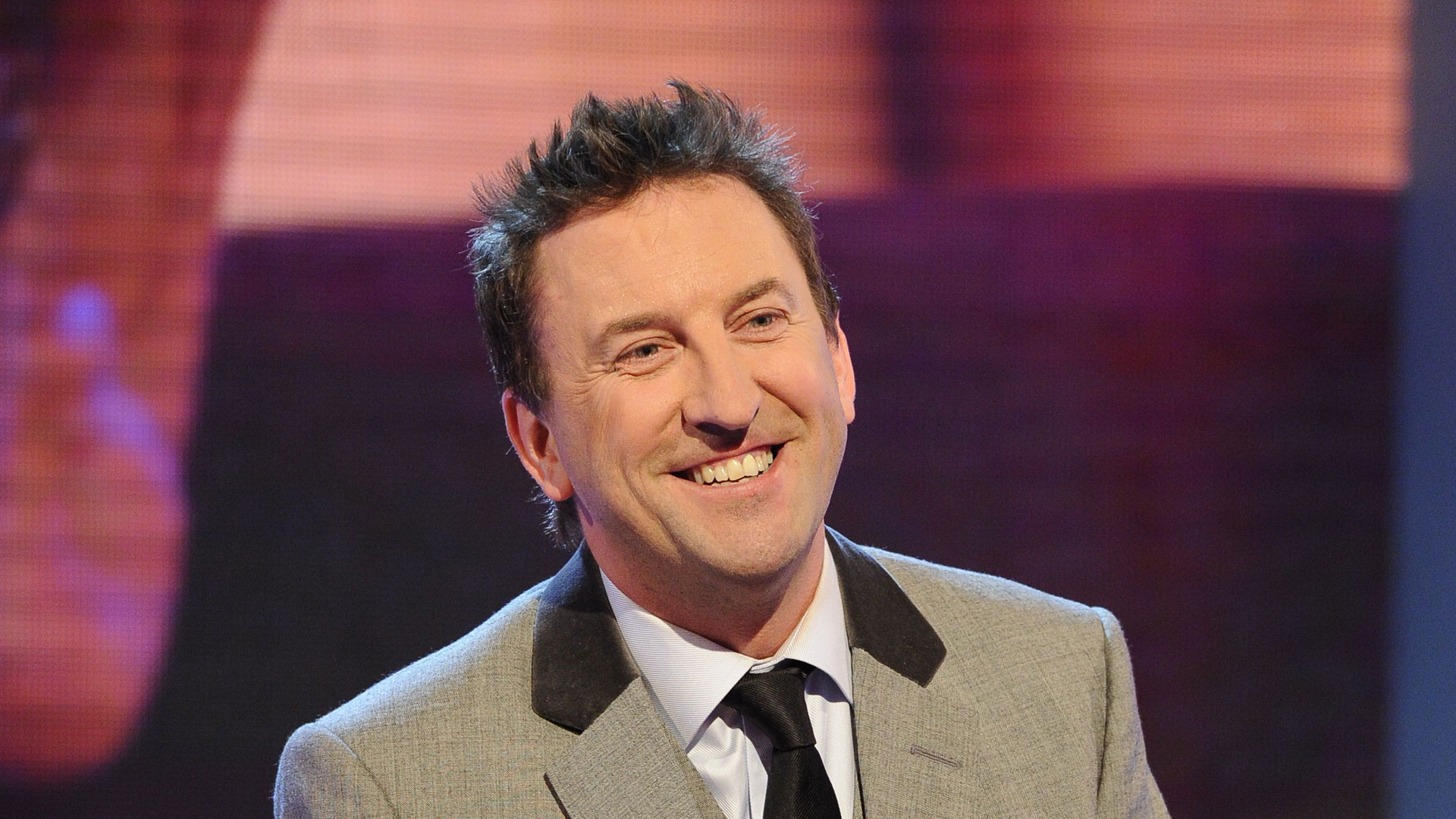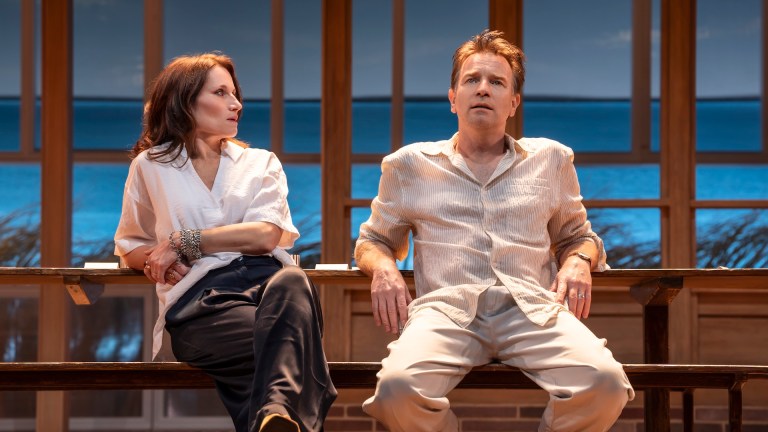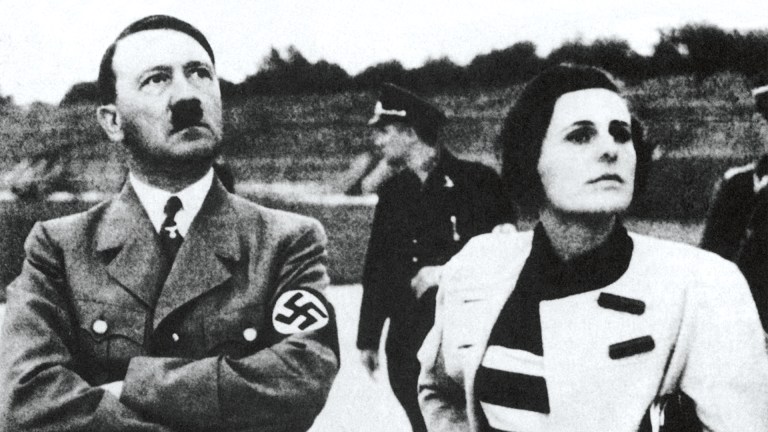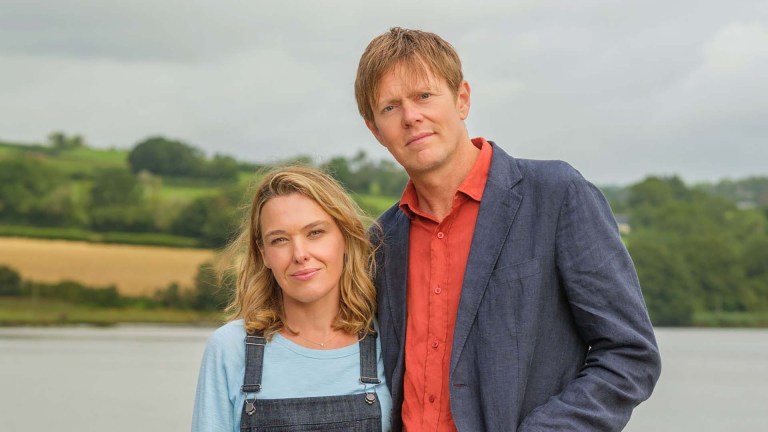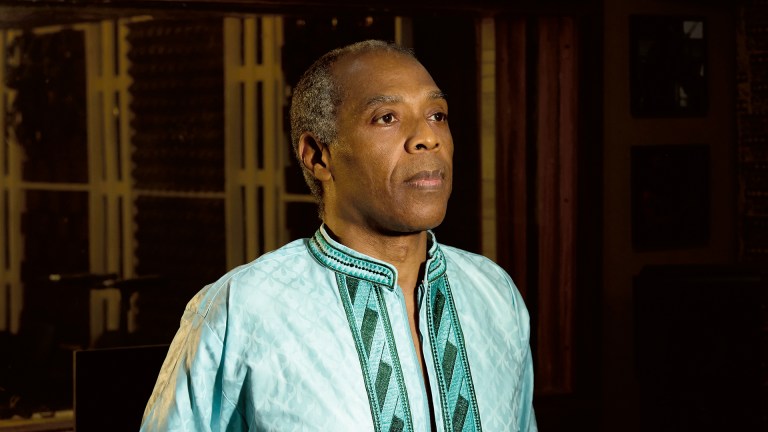At 16 I was being thrown out of college. I left school at 15 after failing my O-Levels. Everyone I knew went off to the local A-Level college, so I went to resit my O-Levels. It was really about having one more year of being a child. I was still a kid; that’s how I felt. But I only lasted eight weeks before they suggested I leave because I was messing about as if I was still at school. I was a late developer in every aspect. I was the last kid in my year to start shaving, way after I left school. I was the little skinny kid. I would tell my younger self not to worry, you will grow taller. Eventually.
I decided to be a professional jockey. After being thrown out of college, I got home, turned on the TV and horse racing was on. Five minutes later I rang up my local yard and asked to be a stable boy. That is how I led my life for the first 30 years. I have quite an obsessive personality. So I worked for a year with Ginger McCain, and the first horse I sat on was Red Rum. But I was scared of horses.
I would tell my younger self not to feel he is missing out by doing all these non-showbiz jobs – one day he will look back at it as one of the happiest times of his life. I went to Australia, and back when I was 21 I spent a year on the dole convincing myself I could be a professional darts player, worked in a bingo hall and as a Blue Coat at Pontins. I am glad I did all that. I could have got caught up in the showbiz world without experiencing normal things.
I spent a year on the dole convincing myself I could be a professional darts player
The first time I kissed a girl was playing spin the bottle. It was nerve-wracking. Everyone was looking at me, and in the process I accidentally bit her. It was gentle but enough to make her shout: “He’s just bitten me!” So I’d tell my younger self to practise and maybe not have his first kiss in the public arena.
The alternative comedy scene of the 1980s was my version of punk. At school the big thing was The Young Ones and Friday Night Live with Ben Elton. My parents loved it because they were quite rebellious but on the whole that generation hated it, which was part of the appeal. My generation of comics grew up when liking this type of comedy was anarchic.
I would tell my younger self not to assume comedy is for a special type of person. I wanted to do it from the age of 13 but spent the next 13 years thinking that people who did comedy were very special – gurus with the secrets to life. I assumed you couldn’t get on stage unless you were very special, very clever, very worldly wise and had zero insecurities. That couldn’t be further from the truth.
